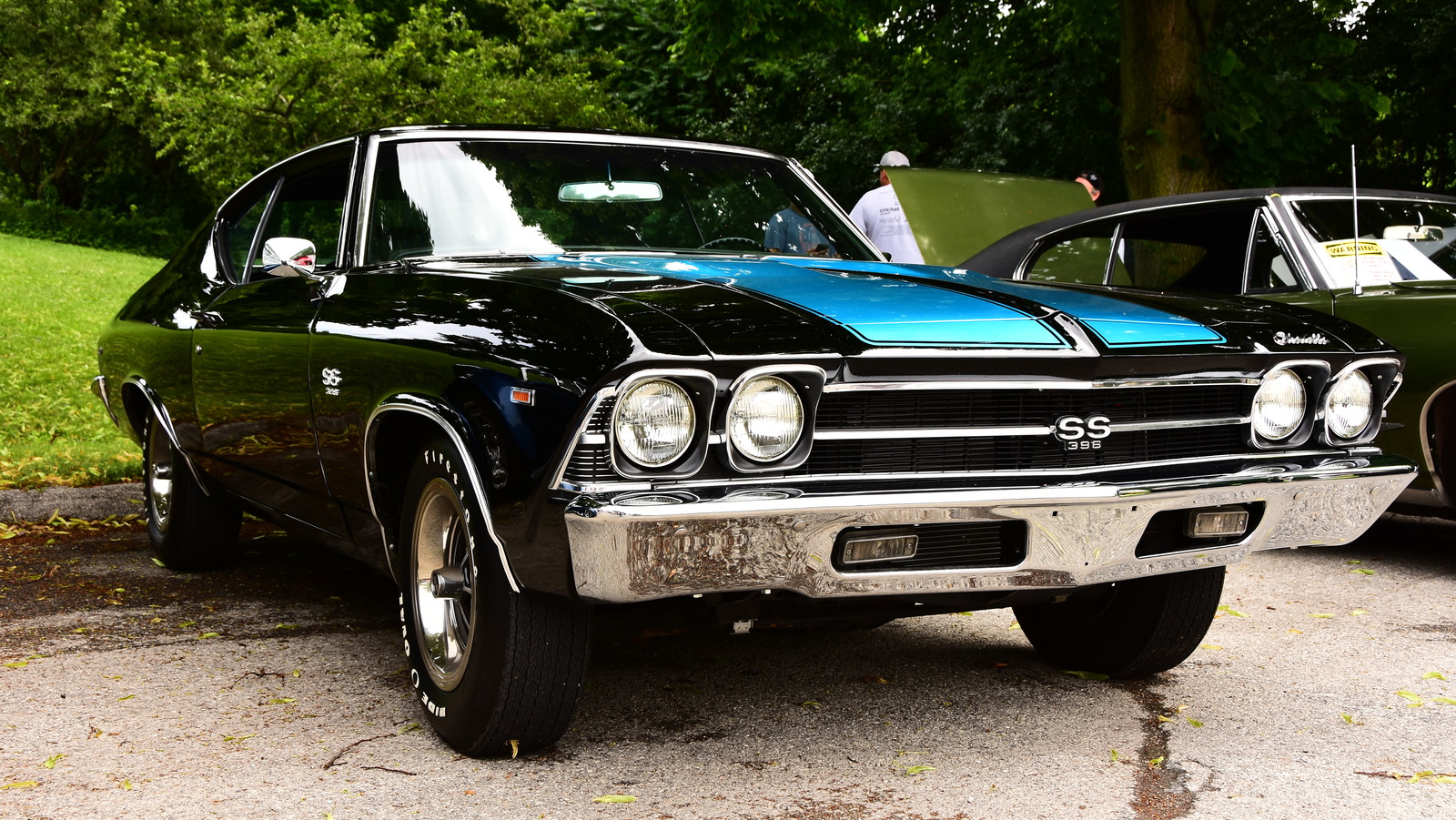The United Nations Office on Drugs and Crimes (UNODC) says corruption is prevalent in the Nigerian judiciary.
A representative of the UNODC, Melissa Omene, said this on Friday at a judicial accountability event in Abuja.
The event was organised by Tapinitiative, a not-for-profit organisation
Speaking on a 2019 survey that was conducted by the UNODC and the National Bureau of Statistics (NBS), Ms Omene said the survey “found that 20 per cent of those who had contact with the Nigerian judiciary were confronted with a request for the payment of a bribe.
“Indeed, corruption in the Nigerian judiciary is extensive and both male and female judges are party to it.”
Giving a comparative analysis of the issue, a UNODC study on gender and corruption in 2020, disclosed that “male judges are far more likely to be involved in bribe-seeking conduct than their female colleagues.”
The study said corruption amongst judicial officers had eroded “public confidence in the judiciary.”
‘Why public trust in judiciary waning’
Weighing in on the quality of justice dispensation by Nigerian courts, a lawyer, Jibrin Okutepa, blamed lawyers and judges for the loss of public confidence in the judicial system.
Mr Okutepa, a Senior Advocate of Nigeria (SAN) and a former member of the Legal Practitioners Disciplinary Committee (LPDC), said the country is in a moral decay.
He decried the conduct of senior lawyers who compromise judges to get favourable verdicts.
“There is no accountability from the judiciary because the Nigerian society does not demand accountability,” he said.
The lawyer criticised the process of appointment of judges that is based on “rationing.”
Mr Okutepa pointed out that recent judgements of the Supreme Court on crucial cases dealt a fatal blow to public confidence in the judiciary to do justice on matters that come before it.
“The Supreme Court has elevated the rules of court above constitutional provisions. There is no accountability from the Nigerian judiciary,” he submitted.
He lamented that the age-old principle of judicial precedent has been bastardised across the courts in Nigeria.
“You can see five different decisions of the Supreme Court on one issue that are inherently contradictory,” Mr Okutepa said, adding that “precedents are set based on who is before the court.”
In the build-up to last year’s general elections, the Supreme Court delivered two separate judgements affirming the candidacy of Ahmad Lawan, a former Senate President, and Godswill Akpabio as authentic ticket-holders for the National Assembly elections in their respective states of Yobe and Akwa Ibom.
Messrs Lawan and Akpabio were presidential aspirants in the All Progressives Congress and could not have been aspirants at the same time for the parliamentary polls because of the latest provisions of the Electoral Act 2022.
But the Supreme Court in 2022 declared them winners of the legislative primary elections of the APC, a development that drew outrage amongst close observers of the Nigerian judiciary.
Mr Akpabio, a former governor of Akwa Ibom State and minister under ex-President Muhammadu Buhari, would later win the main election to become the current Senate President.
Similarly, a panellist at the event, Chioma Onyenucheya-Uko, said the judiciary missed an opportunity to bolster its public image when the Presidential Election Petition Court in Abuja last year rejected requests by the two leading opposition candidates – Atiku Abubakar and Peter Obi – to have the court’s proceedings televised.
The panel, moderated by Lillian Okenwa, a journalist and lawyer, said nepotism was commonplace in judicial appointments.
But, a former judge of the Federal High Court, Ibrahim Buba, rated Nigerian judges high in the discharge of their duties.
Delivering a keynote address on the topic, “Impact of judicial accountability on public trust in the legal system,” Mr Buba said Nigerian judges stood up to dictators and democratic leaders in their judicial functions.
“…having regards to the conditions and environment of work, with all modesty, I say KUDOS to the Nigerian bar and the Nigerian bench, take away politics, where people differ on opinions and questions of law and both may be right, the Nigerian judiciary has given a very good account of itself,” Mr Buba said.
He explained that politicians “who cannot have their way undermine the independence of the Nigerian judiciary, not only starving it of funds but ensuring an erosion of independence of the judiciary and having friction and try to remove the chief judges unconstitutionally.”
“Nigerian judges are courageous, very, very courageous, they have dared the military, they have dared the political class, like every society, they have also dealt even with their colleagues who are found wanting.”
Support PREMIUM TIMES’ journalism of integrity and credibility
Good journalism costs a lot of money. Yet only good journalism can ensure the possibility of a good society, an accountable democracy, and a transparent government.
For continued free access to the best investigative journalism in the country we ask you to consider making a modest support to this noble endeavour.
By contributing to PREMIUM TIMES, you are helping to sustain a journalism of relevance and ensuring it remains free and available to all.
Donate
TEXT AD: Call Willie – +2348098788999






/cdn.vox-cdn.com/uploads/chorus_asset/file/25454513/New_Shepard_launch.jpg)


